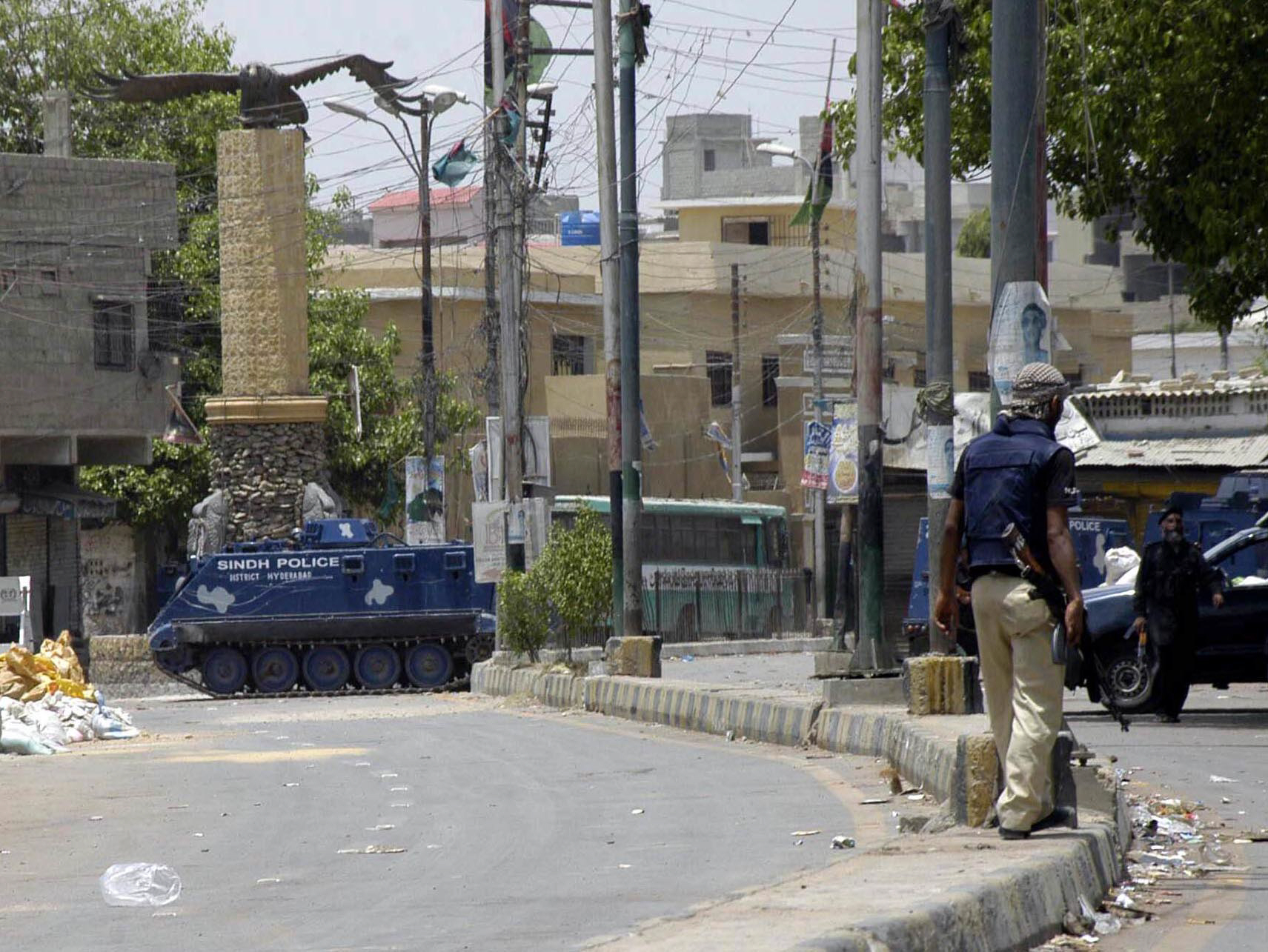
While issuing the directives on Thursday, the judges noted that some provisions of the constitution and rules of business of the province had been breached.
The agreement to buy military vehicles from Serbia had not been signed on behalf of the Sindh governor. The rules of business of Sindh and under Article 139 of the Constitution also relevant in Rule 24(IV) explicitly specify that the “contract shall be moved or executed on behalf of the governor”.

The court observed that Farooq H Naek, the Sindh government’s counsel, also candidly stated the accord was not signed in compliance with the constitutional provisions as well as the province’s rules of business.
The judges questioned then how could the Sindh police sign the agreement. “We found that Tanveer Ahmed Tahir (an AIG) signed the agreement and under his signature appears the rubber stamp of the Sindh IGP,” the court noted in its order.
The three-judge bench of the apex court headed by Justice Jawwad S Khawaja was hearing the petition filed by Mahmood Akhtar Naqvi, who had challenged the Sindh police’s decision to purchase APCs to fight terror in Karachi.
The plaintiff had alleged the Sindh Police department to buy the vehicles had signed in violation of rules a purchase order with a Serbian company, Yugo Import, instead of buying them from the Heavy Industries Taxila.
The court directed the Sindh government to submit a report explaining how the violation took place and the reasons of signing the agreement on March 15, 2013, with a foreign company. The provincial government has also been barred from buying a helicopter and 86 fire tenders until the decision of this case.
The bench also took notice of the appearance of Irfan Qadir as the Sindh government’s counsel without submitting a power of attorney. The judges were concerned as to how and on what basis Qadir had appeared in the last 11 hearings of the case.
The judges asked Sindh Additional Advocate General Miran Shah to inquire which department had paid fees to Qadir. Shah, however, sought time. They questioned how Qadir could represent the Sindh IGP, when Naek was already representing the provincial government.
The bench also directed the court office to find out from the Karachi registry whether any advocate had filed a power of attorney to authorise Qadir in the case.
Published in The Express Tribune, March 13th, 2015.





1732621030-0/Express-Tribune-(7)1732621030-0-270x192.webp)
1732622842-0/Express-Tribune-(9)1732622842-0-270x192.webp)

1725254039-0/Untitled-design-(24)1725254039-0-270x192.webp)

1732617223-0/Untitled-design-(69)1732617223-0-270x192.webp)






COMMENTS
Comments are moderated and generally will be posted if they are on-topic and not abusive.
For more information, please see our Comments FAQ